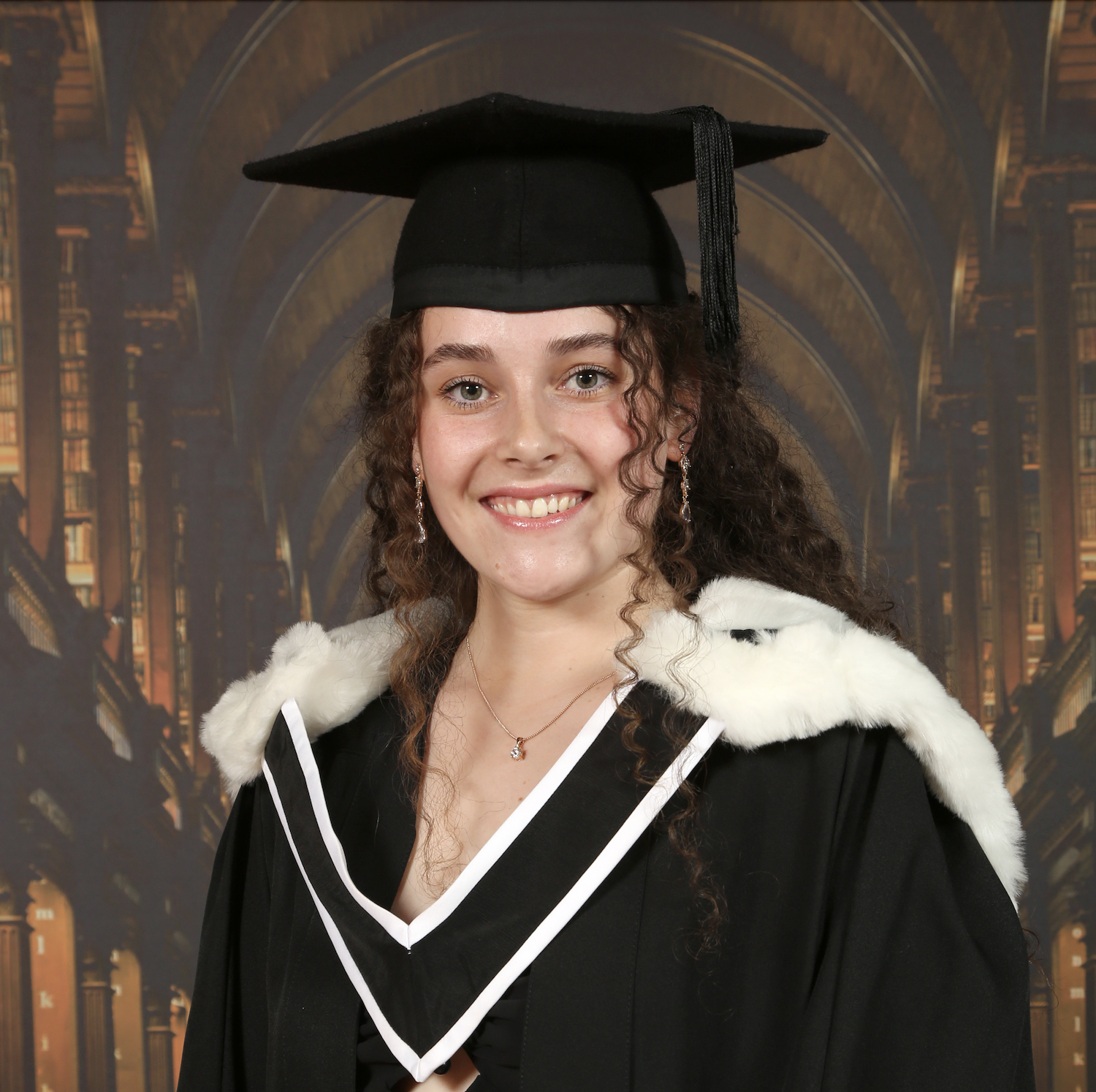
What is your name?
Keelin Harrison
Where are you from?
Dublin, Ireland
To which class you belong to?
MSc Translational Neuroscience
Where and what did you study before joining Imperial College London?
I completed my Bachelor’s degree in Biological and Biomedical Sciences, specialising in Neuroscience from Trinity College Dublin
How did you find your Master experience at the college?
My experience during the Master’s program at the college was incredibly positive. It was a welcoming and supportive community that fostered personal and academic growth. The course covered a broad range of topics, offering a comprehensive understanding of neuroscience. I particularly appreciated how various transferable skills were taught, from critical thinking to research techniques, which significantly improved my confidence and deepened my knowledge of the field. The balance between educational rigour and a vibrant social environment made it a truly enriching experience
What research project did you work on?
For my research project, I explored how Multiple Sclerosis impacts age-related proteinopathies in Alzheimer’s Disease under the supervision of Dr Alegre-Abarrategui. Using post-mortem brain samples, I compared AD-related protein accumulations in MS cases and age-matched controls using immunohistochemistry and neuropathological staging. The findings suggested that MS may have a protective effect, as MS cases showed reduced AD pathology compared to age-matched controls. This may provide novel avenues for early disease-modifying therapies derived from Multiple Sclerosis pathophysiology that may prevent neuronal loss and consequent, clinical manifestations in AD. Additionally, I developed a novel in situ assay to improve the detection of toxic protein oligomers by combining a quantifiable readout with proximity ligation assay, which could help advance the understanding of early Alzheimer’s pathogenesis
Where are you now?
I have recently moved back to Dublin
What are you working on?
I’m focused on starting my career in neuroscience after recently completing my viva. I’m actively looking for opportunities in progressive research labs or clinical companies where I can apply my technical and interpersonal skills to contribute to their growth and success. In the meantime, I’m also enhancing my skill set by completing coding courses in Python, which I began during my Master’s program. I believe that improving my programming skills will better equip me to tackle data analysis and research challenges in the field of neuroscience
What is the most important lesson you learnt as a Master student?
The most important lesson I learned as a Master’s student is the value of resilience and adaptability in research. Throughout my studies, I faced various challenges, particularly while troubleshooting this novel assay. These varied from experimental setbacks to navigating complex topics. These experiences taught me that setbacks are often part of the learning process and can lead to valuable insights. I also learned the importance of being open to new ideas and approaches, as flexibility can lead to innovative solutions. This resilience has not only strengthened my research skills but has also prepared me to tackle future challenges in my career with confidence
How did the Master programme help you get to where you are now?
The Master’s program played a crucial role in shaping my career path and preparing me for the opportunities I’m pursuing now. It provided me with a strong foundation in neuroscience, equipping me with theoretical knowledge and practical skills. The hands-on research experience allowed me to develop critical thinking and problem-solving abilities, which are essential in the field. Additionally, the program fostered a collaborative environment where I learned to work effectively in teams, enhancing my interpersonal skills. Networking with professors and peers also opened doors to potential career opportunities. Overall, my Master’s experience has not only deepened my understanding of neuroscience but also instilled a passion for research that drives me as I look to start my career. My time at Imperial College London will continue to shape my future and has provided me with the confidence and skills to begin my career as a future neuroscientist!